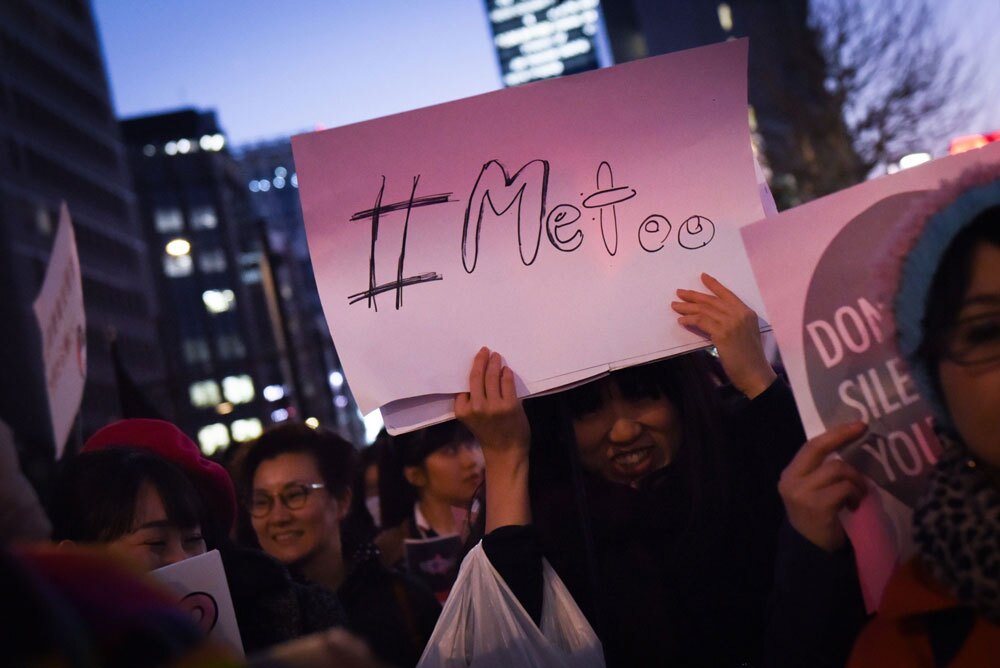An increasing percentage of allocators are considering investing with investment managers who have had issues with sexual harassment, according to the Investment Management Due Diligence Association.
The group’s second annual survey on sexual harassment in the asset management industry comes roughly two years after the #MeToo movement began, leading to a growing number of people, particularly women, publicly sharing their experiences of sexual harassment and assault in the workplace.
According to the IMDDA, 9 percent of survey respondents said they would still consider investing with a fund manager who has had issues with sexual harassment. This is an increase from 4 percent in 2018, the group said.
“It’s a bit of desperation to get that alpha,” Andrew Borowiec, executive director at IMDDA, said by phone Wednesday. “That’s the driving force. What these firms need to realize is by not conducting due diligence as they should, they’re opening themselves up to risk.”
While 23 percent of respondents said they would decline to invest with a manager who had issues with sexual harassment, 49 percent said they would do more due diligence before making their decision, according to the IMDDA. The survey showed that 19 percent of investors would make their decision based on the level of harassment and the amount of time that has passed.
“It really comes down to their appetite for risk and what they can tolerate,” Borowiec said. “Conducting further due diligence is not a bad thing.”
According to Borowiec, one of the “important things is to drive home to organizations that it is their fiduciary duty to make sure that they’re not putting their organization at risk” by ignoring sexual harassment issues.
“They can’t plead ignorance,” he said. “If they’re not digging deeper, or if they’re putting their heads in the sand, that’s really mismanagement.”
According to the survey, 26 percent of investors specifically ask managers about sexual harassment at the workplace, up from just 11 percent in 2018. IMDDA also found that 45 percent of investors ask follow-up questions if a manager declines to answer questions about sexual harassment, a marked increase from the 18 percent who said the same in 2018.
[II Deep Dive: A Battleground for Investors Worried About Sexual Harassment]
In addition, more allocators said they are using tools like social media to learn more about the culture of asset management firms. Over three-quarters of survey respondents said they now check public internet activity, as compared to 64 percent in 2018.
Investors are also analyzing manager use of non-disclosure agreements, which the IMDDA described as a “low-hanging fruit” for operational due diligence. Sixty-three percent of survey respondents said they asked managers about employee-related litigation and confidential settlements with former employees.
“They need to dig deeper into that to find out if they have them and why they have them,” Borowiec said of NDAs. “If they can’t share the specifics, they should share why it happened.” He added that allocators can ask potential investment managers for references and call up past employees to talk about their experiences at the firm.
There are more tools that investors could use to uncover sexual harassment or related issues, such as complaints filed to the Equal Employment Opportunity Commission and the Human Rights Commission. According to the IMDDA, just 33 percent of respondents currently ask asset management firms about such complaints.




